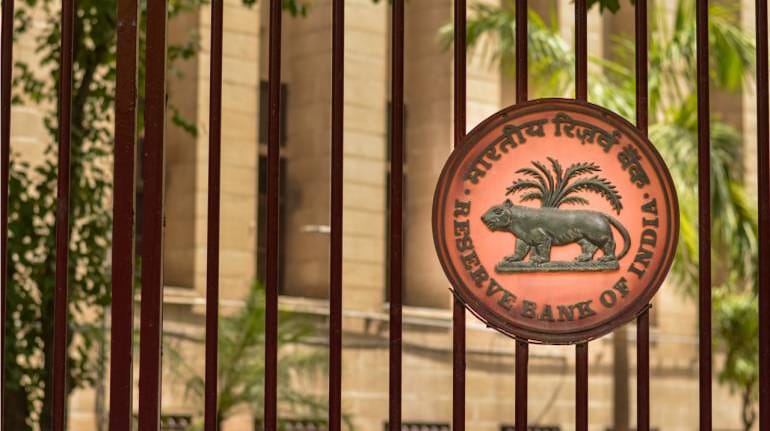



Reserve Bank of India’s (RBI) proposal to issue guidelines on penal charges that banks levy on customers on missed loan payments will help bring in transparency and ensure level-playing field, experts said.
The central bank, on February 8, said draft guidelines on levy of penal interest on loans will be placed on RBI’s website shortly for comments from stakeholders.
RBI Governor Shaktikanta Das said at present regulated entities follow divergent practices on levying certain charges. In certain cases, these charges are found excessive, prompting the central bank to bring in common rules.
RBI officials, during the post monetary policy press conference, said that the review of penal charges revealed that most banks use penal rate on top of the nominal interest rate in case of payment defaults and non-compliance with the terms and conditions of sanctioning the credit facilities.
The reviews indicated the existence of diverging practices and excessive charges in some cases that were leading to grievances and disputes.
“So, essentially we are trying to frame guidelines which will ensure a transparent and uniform approach to this issue,” said RBI Deputy Governor Rajeshwar Rao.
Also read: RBI, not MPC, is dictating the stance. And it's not doing it well.
Why the penal charges?The intent of penal interest was essentially to inculcate a sense of credit discipline among borrowers through negative incentives, but such charges are not meant to be used as a revenue enhancement tool over and above the contracted rate of interest, RBI said in a release.
Penal interest is added to the rate of interest which is charged on loans.
The RBI release said that the penal charges will be recovered separately and will not be added to the principal amount of the loan.
However, in case of any deterioration in credit risk profile of the borrower, Regulated entities shall be free to alter the credit risk premium under extant guidelines on interest rate.
Also read: MC Explains | What is borrowing and lending in G-Secs?
Senior bankers welcome the move“There must be some standard guidelines to regulate such charges in the best interest of the customers and the banking industry. Standardisation brings in transparency and level playing field,” said Suresh Khatanhar, Deputy Managing Director (DMD) at IDBI Bank.
"Discussion papers on penal charges on loans will bring more uniformity in aligning of charges, reduction of customer grievances, and better credit discipline," said Shanti Lal Jain, MD & CEO of Indian Bank.
Discover the latest Business News, Sensex, and Nifty updates. Obtain Personal Finance insights, tax queries, and expert opinions on Moneycontrol or download the Moneycontrol App to stay updated!
Find the best of Al News in one place, specially curated for you every weekend.
Stay on top of the latest tech trends and biggest startup news.